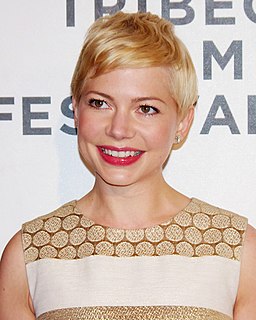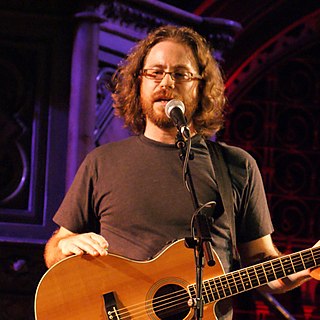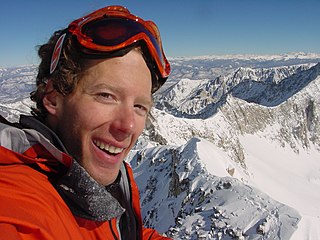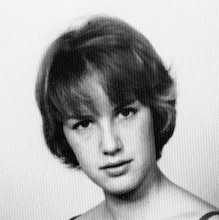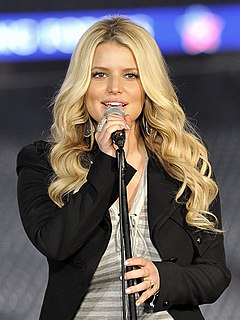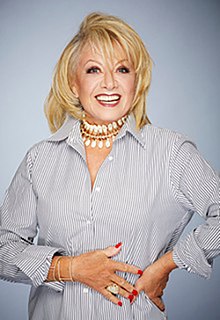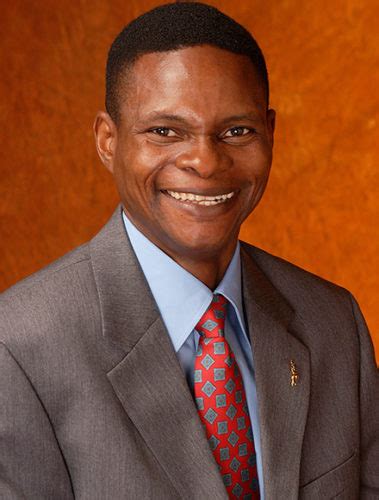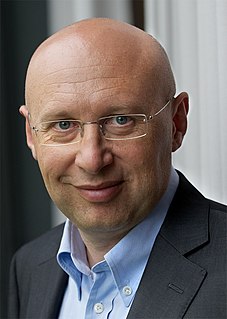A Quote by Ben Gibbard
I kind of dropped a lot of bad habits about three years ago and became kind of accidentally straight-edge. I don't have Xs on my hands, but I guess if I wanted to go back to calling myself straight-edge, I could. Around that same time I started running. I never saw myself as the kind of person who would become a runner. It seemed unfathomable to me that I would ever run three miles, let alone 26.2.
Quote Topics
About
Accidentally
Alone
Around
Back
Bad
Bad Habit
Bad Habits
Became
Become
Calling
Could
Dropped
Edge
Ever
Go
Guess
Habits
Hands
Kind
Lot
Me
Miles
Myself
Never
Person
Run
Runner
Running
Same
Same Time
Saw
Seemed
Started
Straight
Three
Three Years
Time
Unfathomable
Wanted
Would
Would Be
Years
Years Ago
Related Quotes
It was time to expect more of myself. Yet as I thought about happiness, I kept running up against paradoxes. I wanted to change myself but accept myself. I wanted to take myself less seriously -- and also more seriously. I wanted to use my time well, but I also wanted to wander, to play, to read at whim. I wanted to think about myself so I could forget myself. I was always on the edge of agitation; I wanted to let go of envy and anxiety about the future, yet keep my energy and ambition.
Maybe in the back of my mind I was kind of wishing that I would become a rock star, kind of wishing that I would reach enough people who would be willing to pay me for the music, that I would actually be able to live off of just writing the songs that I wanted to write. But I don't think I really admitted to myself that that was my goal.
I used to be the kind of person who needed to have a lot of people around. That's where I found my serenity. I needed to have everyone around so I could have my hands and my mind in different places because that's what would calm me down. But now, I just want to be by myself. It's a good but scary place to be.
Oh, it was awful, and I vowed to myself I would never, ever push myself to the edge that much again. It was really frightening. Because absolutely everything seemed to be impossible to deal with, just little things became major - noise, if someone had a radio on, or even the sound of traffic, or being in someone's company for longer than 10 minutes - I started to find it all too much.
I never wanted to be the guy people looked at. I felt I could only be myself when I was alone, that I turned into some kind of novelty. The only way I could get through that time was to drink. I poisoned myself with alcohol for years but I've never been into drugs in the way it was sometimes made out.
I told my parents when I was three that I wanted to be in movies. I don't know what I saw at three years old that would make me decide that's a job and I want to have that job. But I was very confident, very sure that's what I wanted to do. I didn't do anything about it. I didn't prove it to myself or anything. I just knew.
Around 17 to 20 years, I became, myself, a poacher. And I wanted to do it, because - I believed - to continue my studies. I wanted to go to university, but my father was poor, my uncle even. So, I did it. And for three to four years, I went to university. For three times, I applied to biomedical science, to be a doctor. I didn't succeed.
I was about 12 years old and I was sitting watching the television and it was some kind of talent show, you know, and on marches this monkey, this ape, in a pair of red-checked trousers with a little matching jacket holding a ukelele and it started jigging around playing it, and it was looking straight into the camera, straight at me, and I remember thinking, that's it, that'll be me, you know, that'll be me.
I think that's something a scientist can do because a scientist works at a border, at the edge of science, at the edge of knowledge, and so there's a lot of fun of reaching out and thinking about things that other people didn't think about. And so it has a kind of exploratory notion, kind of adventurous part in it.

